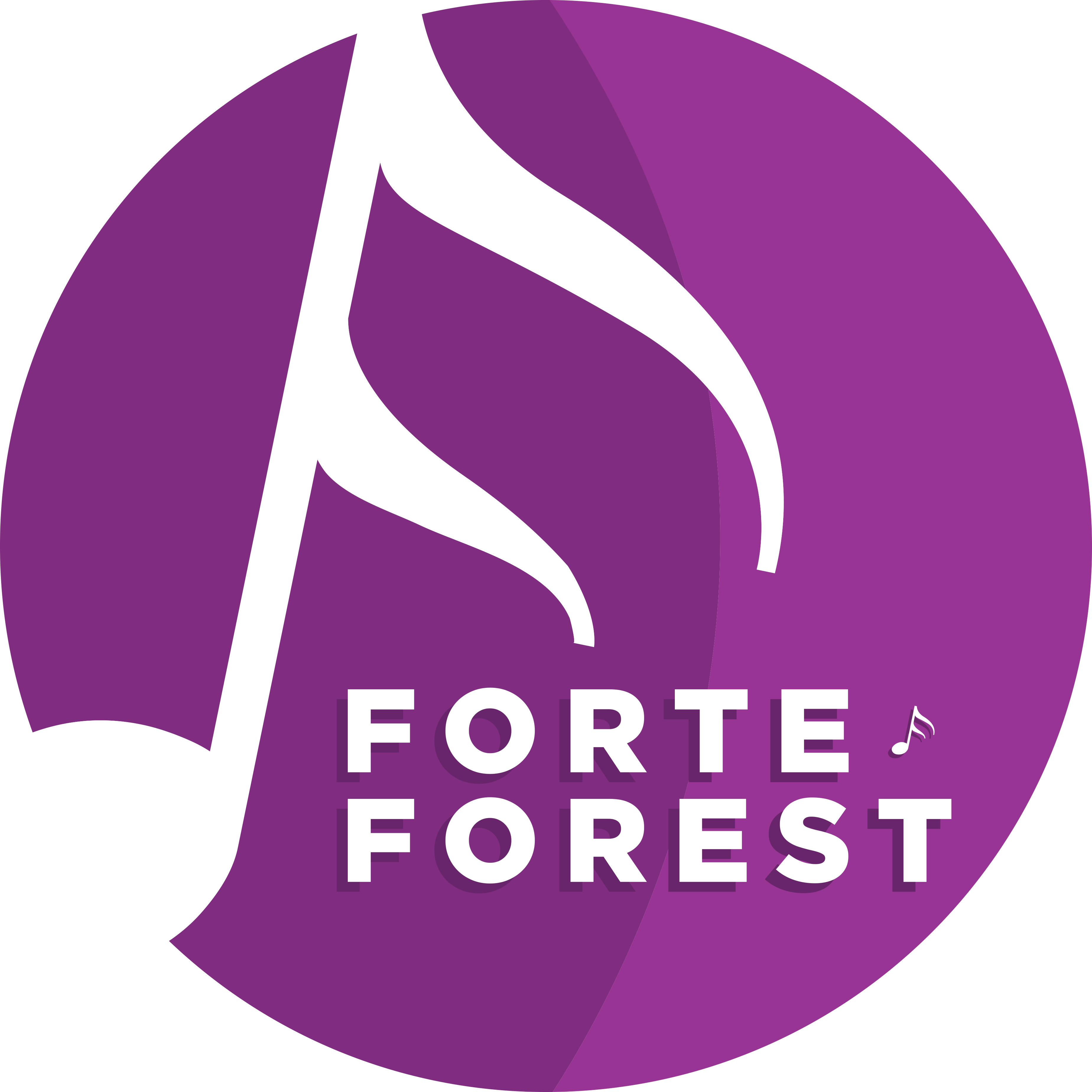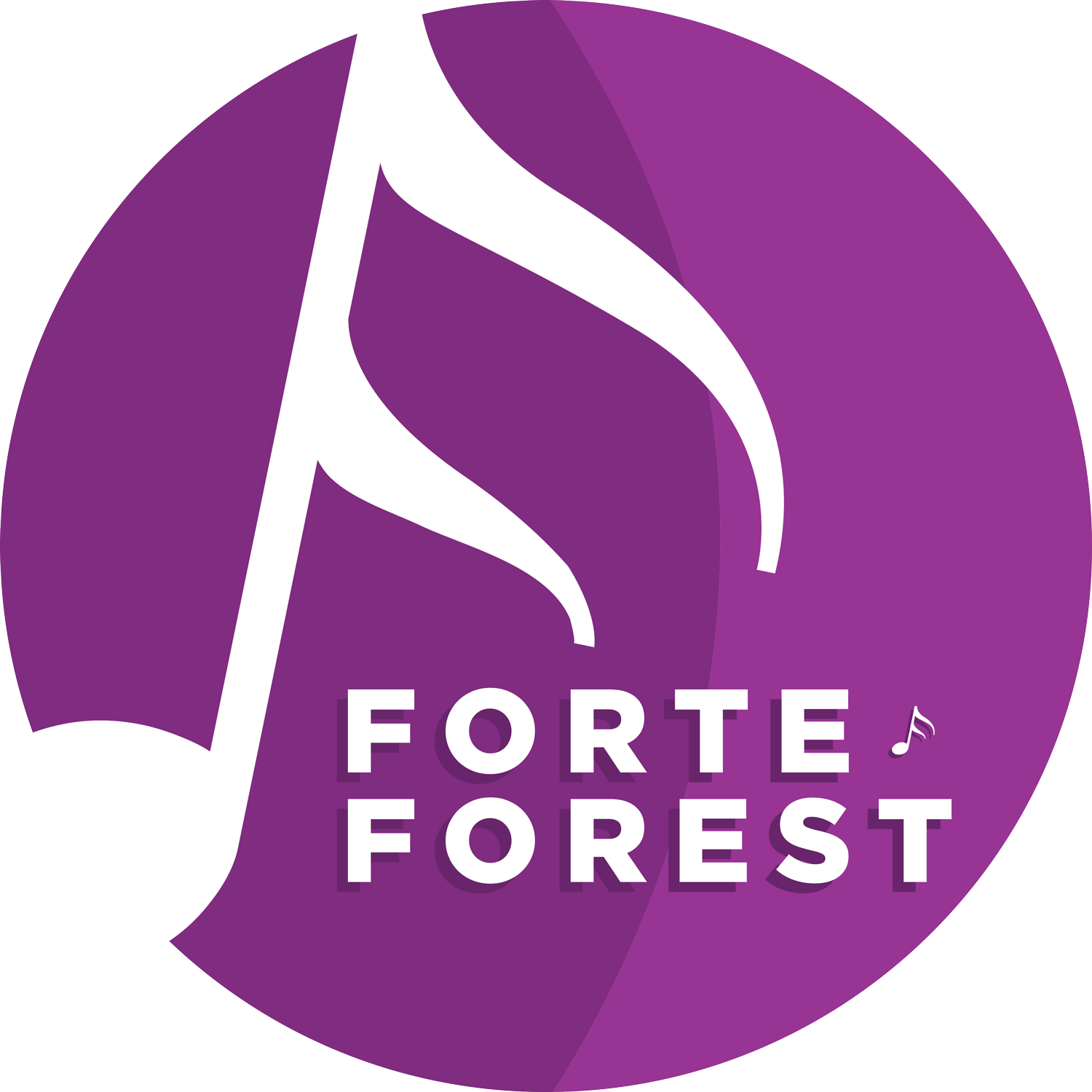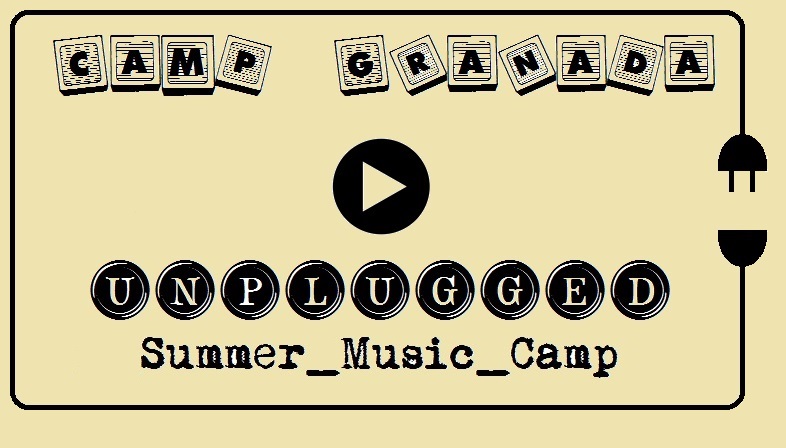The Unplugged theme takes campers back in time and around the world to discover the ways in which children and adults have entertained themselves through musical play, creativity, and movement, and without relying on technology. In most cases, people made their own toys, created their own games from anything they found lying around, improvised stories, danced, learned instruments, and sang songs.
The music and activities for the unplugged theme were selected for their importance throughout history and in multiple cultures, particularly as examples of the ways in which people, regardless of status, culture, or other barriers, have relied on music to pass the time on long road trips, to make work more enjoyable, to cure boredom, for playground fun, and to lift spirits.
In Chorale, campers will sing My Poor Hand is Shaking, a traditional song about having a case of the wiggles; If I Were not a Camper, a scouting song with a spoken rhythmic ostinato; Down by the Banks, a traditional American song and hand-clapping game; Obwisana, a rock-passing song game from Ghana; Zum Gali Gali, a work song from Israel; and the Camp Granada name-sake song, Hello Muddah, Hello Falldah.
In Connections, early and middle elementary campers will make their own caxixi, a straw-woven basket shaker from Ghana; frog-themed ball-and-cup game, relating the traditional children’s game from cultures around the world to the seemingly endless list of frog-themed children’ and folk songs; a popsicle stick harmonica; a marker maze game teaching campers about musical styles and turning an art-project into a game; and a scrolling view-finder or stereoscope that teaches campers to improvise their own stories based on music they hear. Upper elementary campers will make these crafts in addition to a poster-board jig doll or limberjack, a popular musical toy from multiple cultures around the world.
In Basics, the early elementary campers will perform a musical adaptation of a traditional children’s story, Going on a Bear Hunt; perform a circle dance to Old Brass Wagon; and will accompany Obwisana on traditional instruments from Ghana (gankogui, caxixi, and shekere). The middle elementary campers will perform a stick-passing routine to Obwisana, similar to the game that children in Ghana play with rocks; perform a circle dance to Old Brass Wagon; and will perform an instrumental accompaniment and handclapping game to Down by the Banks.
The upper elementary campers will perform an instrumental accompaniment to Zum Gali Gali. using traditional instruments from the Philippines called Tongatong tubes. The technique playing these instruments is identical to the way that some cultures use bamboo tubes to pound corn and grain into flour. Upper elementary campers will also perform a movement routine to Old Brass Wagon using tinikling sticks, also from the Philippines. Finally, the older elementary campers will perform the Sevens Game, a hand-clapping routine, and a jig-doll (limberjack) routine to Turkey in the Straw.


